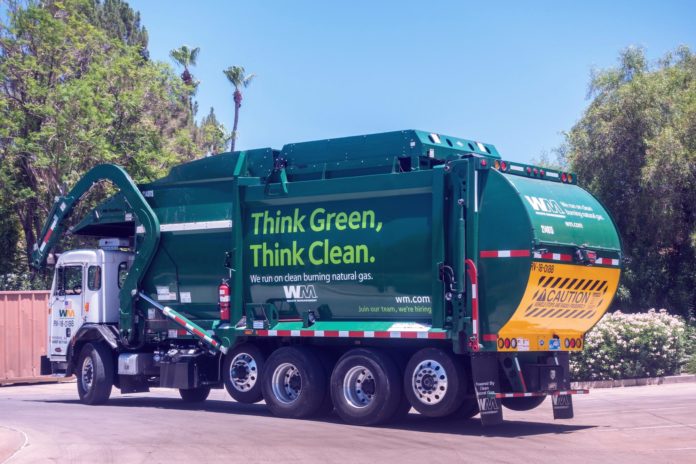
As the manufacturing industry has evolved over the last 50 years, the quality and durability of everyday household items has, generally, declined in favour of inexpensive, single-use products. Globally, abundant production leads to abundant waste, and as that waste piles up, we are being forced to address this problem with new and innovative methods for reducing the environmental impact of our consumer culture.
When it comes to packaging waste, recycling depends heavily on consumer participation. And because of scale, water and waste management solutions are the responsibility of large corporations and government entities. Despite personal buy-in and best intentions, however, the problem persists because waste management also creates waste.
For example, large-scale waste management companies that incorporate recycling options on residential routes generally make a marginal overall impact when considering the air pollutants they contribute with fleets of collection trucks and non-environmentally-friendly operations.
That’s not to say good solutions don’t exist — it just means they are harder to find, and the companies that find them stand to benefit just as much as the communities their solutions impact. We’ve compiled a list of the ten most profitable waste management and recycling companies in the world, some of which have made monumental progress in reversing the negative impact of waste.
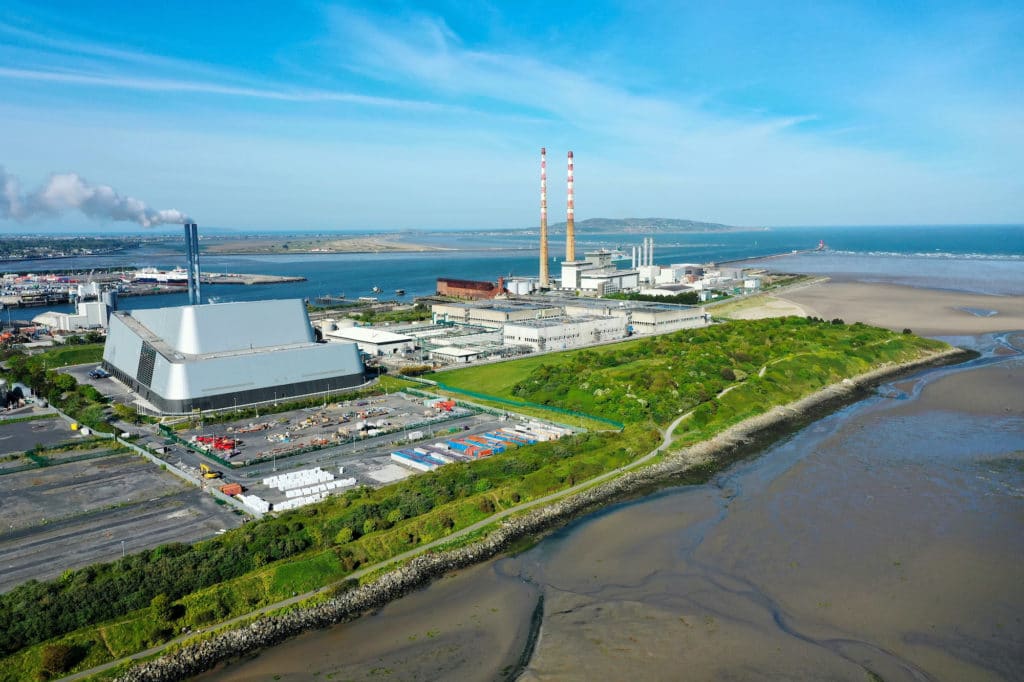
10. Covanta
Revenue: $1.39 billion1
Place of Origin: USA
Number of Employees: approx. 4000
Founded in 1939 as a holding company for utility business investors, Covanta Holding Corporation was originally named Ogden Corporation. Over time, it expanded to incorporate various enterprises, including a scrap metal recycling company, Luria Brothers, which was purchased in 1955.
In 1983, Ogden acquired the rights to European incineration technology, marking the start of a pivotal change in the company’s operations. Within a decade, it was making most of its profit through energy-from-waste projects.2 In 2001, it rebranded to Covanta and continued its focus on sustainable energy. By 2018, the company controlled more than 40 waste-to-energy plants worldwide.
Despite critics’ concerns regarding the toxins that result from waste burning, Covanta has received multiple awards for its environmental conscientiousness: in 2018 alone, it disposed of 20 million tonnes of garbage and recycled 550,000 tonnes of metal.3 Covanta currently employs nearly 4,000 people across the world.
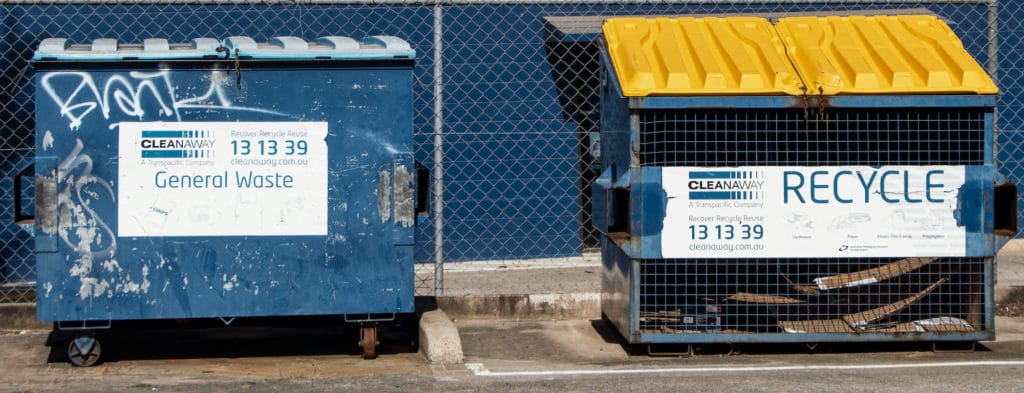
9. Cleanaway
Revenue: $2.2 billion4
Place of Origin: Australia
Number of Employees: approx. 6000
Originally founded as Brambles in 1970, waste management company Cleanaway rebranded in 1979. Its launch into the recycling world was boosted substantially by the unveiling of “Footprint 2025” in 2017, a comprehensive plan for how to upgrade the company’s system to combat climate change and the significant growth in waste demands across Australia.
Cleanaway partnered with Toxfree and Daniels Health in 2018 to continue its mission to maintain progress in the environmental safety of waste management technology. These partnerships dramatically increased the company’s workforce to more than 6,000 people and its truck fleet to 4,500. Now, it operates in more than 260 work sites. As such, Cleanaway is now the largest recycling, waste, industrial and liquid service provider in Australia.
Multiple expansion announcements in 2020 promised Cleanaway’s continued growth, including new partnerships with large-scale operators including Asahi5 to collaborate on constructing a new $45 million recycling plant.
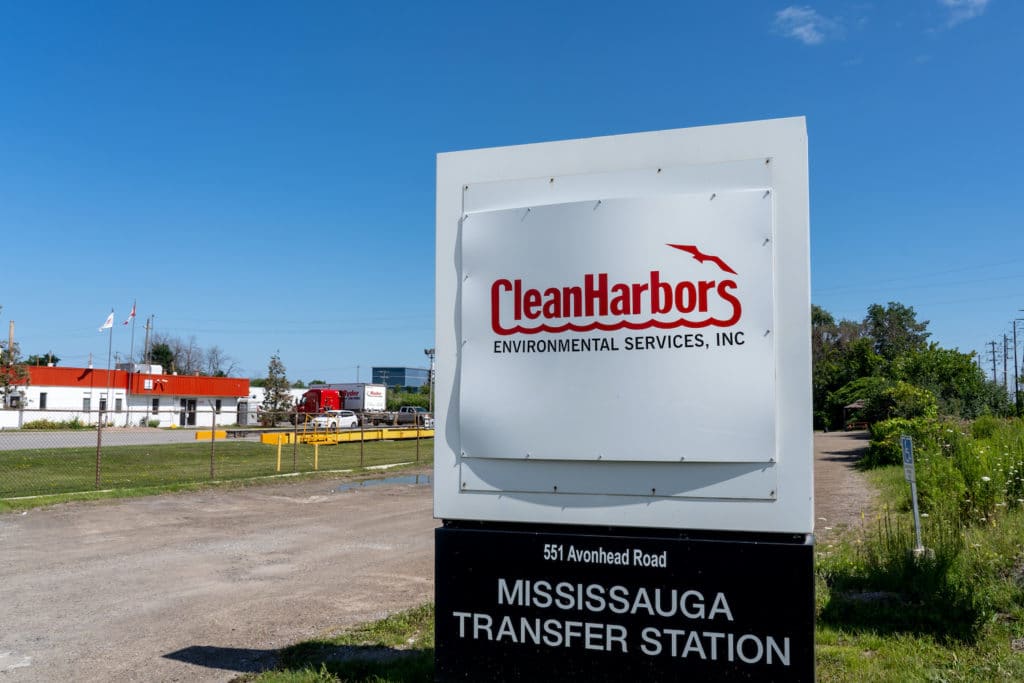
8. Clean Harbors
Revenue: $3.14 billion6
Place of Origin: USA
Number of Employees: 14,400
Founded by Alan McKim in 1980, Clean Harbors boasts 400 locations and 50 hazardous waste facilities worldwide7, earning it a placement in the Fortune 500 list. It operates a vast range of environmental clean-up services, including packaging, recycling, treatment, collection, transportation and disposal of both hazardous and non-hazardous waste.
The company’s 40-year operation has consisted of smart, environmentally-friendly partnerships and investments, including its 1989 purchase of Chem Clear, Inc (aqueous waste treatment) and its acquisitions of Chemical Services Division of Safety-Kleen in 2002 (and then its total company purchase in 2012) and Eveready Inc. in 2009. Both acquisitions added thousands of employees to the Clean Harbors family, as well as more than 100 service centres and thousands of fleet trucks.
Clean Harbors has received recognition for its environmentally-conscious re-refining of used oil and lubricant blending, as well as its 2017 investment in the distribution of finished lubricants.
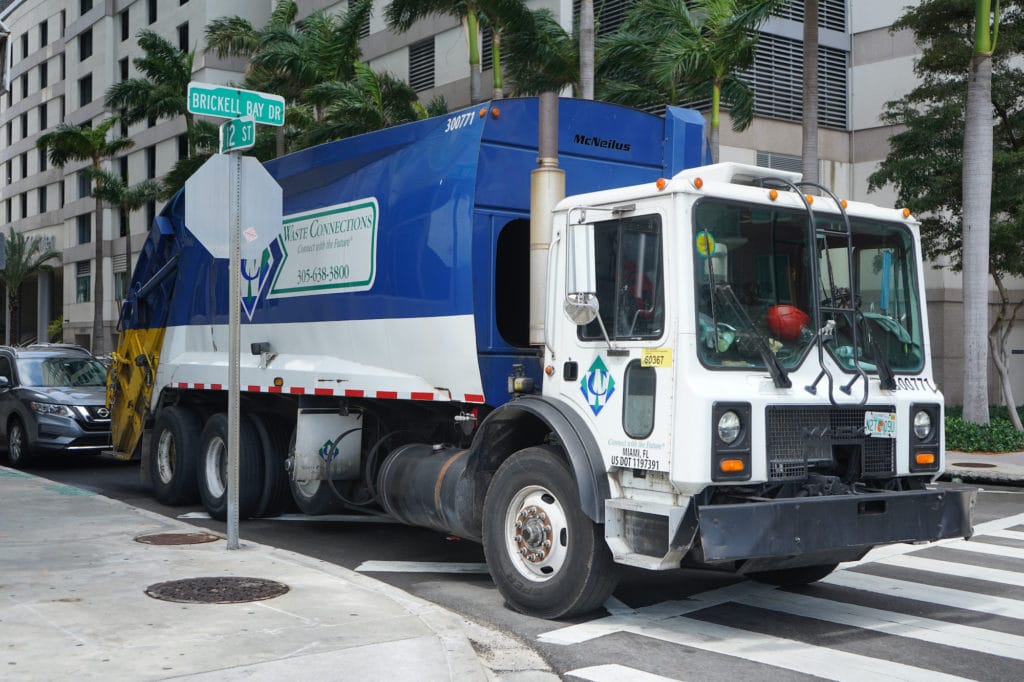
7. Waste Connections
Revenue: $5.4 billion8
Place of Origin: USA
Number of Employees: 16,000
Operational in both the US and Canada, Waste Connections offers collection, transfer, disposal and recycling services. The company was founded in 1997 in Washington and Idaho, expanding quickly into California. The purchase of Progressive Waste Services of Canada was made in January 2016 for $2.67 billion, subsequently moving the company’s tax headquarters to Ontario.
Despite only 4 per cent of Waste Connection’s revenue coming from recycling, it remains one of the largest, most efficient recycling companies in North America. However, it was not immune to the revenue drops between 2017 and 2019, wherein numerous recycling companies experienced a steep decline in business as a result of international import restrictions. Waste Connections’ 2018 recycling revenue reached only $93 million, down 43 per cent from previous years. This was the second-steepest drop in recycling revenue among recycling leaders, just below that of Advanced Disposal Services, which gained only $18 million in recycling revenue that year – a 45 per cent decline.
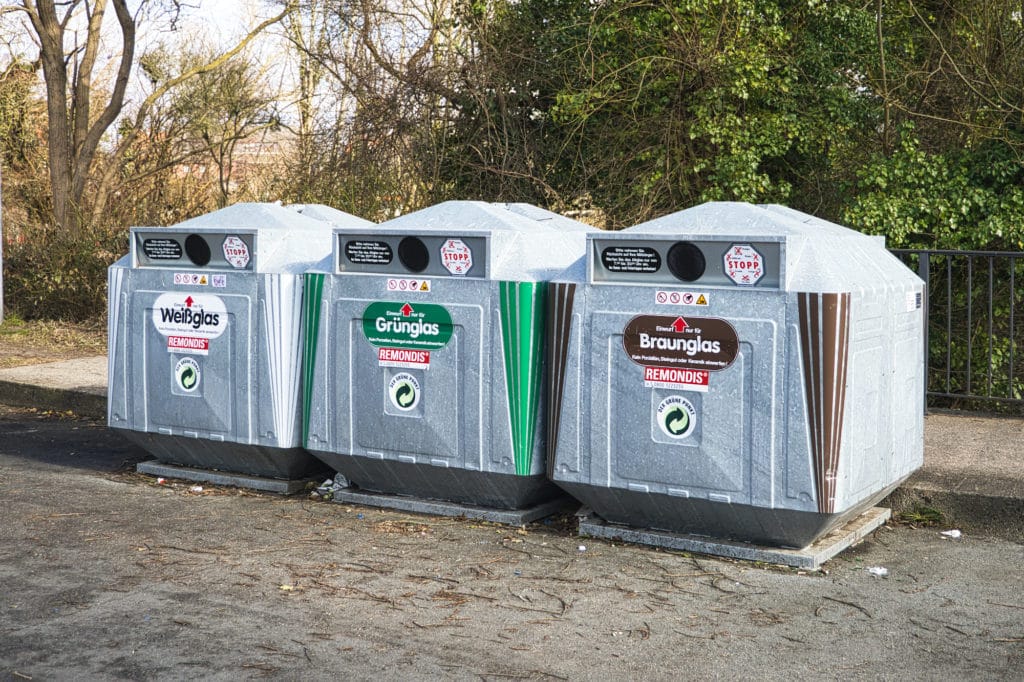
6. Remondis
Revenue: $9 billion (7.9 billion euros)9
Place of Origin: Germany
Number of Employees: 30,000
Founded in 1934, the family-owned multinational company Remondis has spent the last 80 years developing a well-known eco-conscious reputation off the back of its recycling, water resource management, and industrial and communal services. The small, family-run inception turned quickly into an overseas operation, first expanding into Australia, then throughout Europe. In 2006, after acquiring TSR Group, Remondis became the new leader in recycling steel and non-ferrous metals.
The company, headquartered in Lünen, Germany, but consisting of 30,000 staff members across 900 sites in four continents10 recovers raw materials from waste, notably manipulating recycled products for use as alternative energy. Its innovative efforts have re-refined and manipulated billions of tonnes of waste into usable products and energy sources – scrap iron to ore, e-waste to copper ore, glass to minerals, as well as various gases.
Remondis has also received numerous accolades for its eco-friendly outlook, including an award from KlimaExpo for the Erftstadt sorting plant. Its Lippe Plant was also named one of the best projects in North Rhine-Westphalia for climate change prevention.
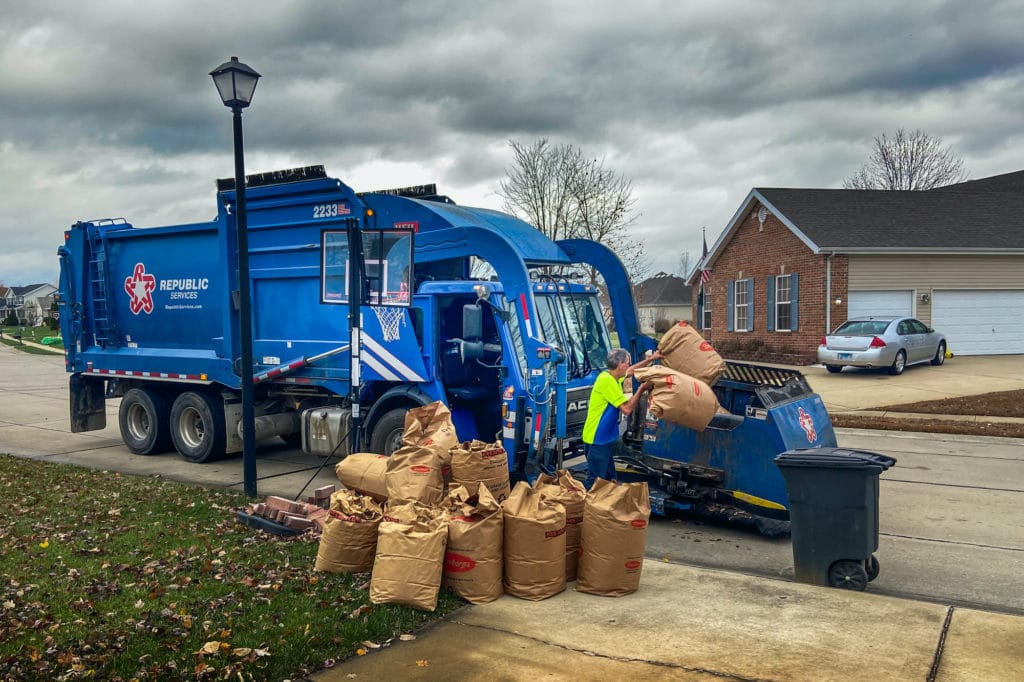
5. Republic Services
Revenue: $10.15 billion11
Located: USA
Number of Employees: 35,000
Republic Services began in 1981 as a waste disposal firm. From 1996 to 2017, the company achieved notable goals in recycling and eco-efficiency projects, developing operations in 40 of the 50 United States, and establishing 90 recycling centres and 11 saltwater disposal wells.
In 2017, Republic Services was ranked seventh among the largest American fleet owners according to Fleet Owner 500, with 16,000 trucks in service. To expand recycling capabilities and residential participation, the company converted 75 per cent of its routes to automated single-driver trucks, reducing emissions and creating a safer standard for employees.
Republic Services operates the US’ largest landfill in Apex, Nevada, spanning 2,200 acres. It is also responsible for 195 active landfills across the nation. Its 90 recycling centres process more than 6 million tonnes of waste each year, with its North Las Vegas Recycling Centre alone running on solar energy and processing 70 tonnes of waste per hour.
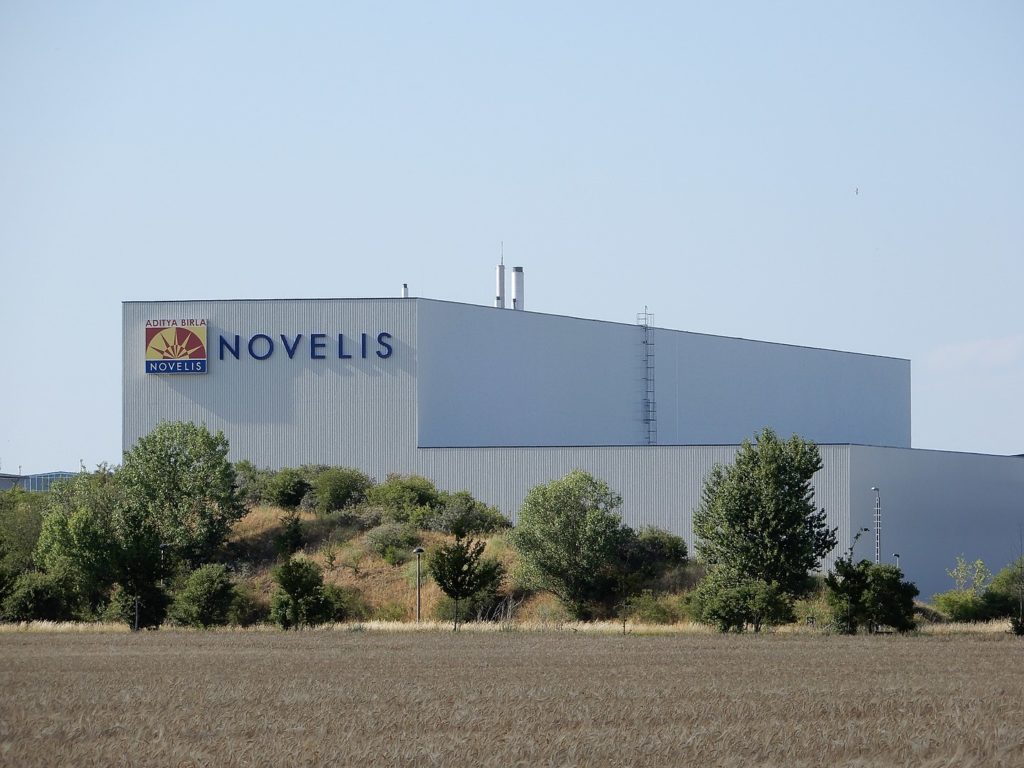
4. Novelis
Revenue: $12.3 billion12
Place of Origin: USA
Number of Employees: 11,000
Originally a subsidiary of the Canadian mining and aluminium manufacturer Alcan Inc., Novelis was incorporated in 2005. The company is now the world’s largest beverage can recycler – recycling over 70 billion used cans annually – and a leading producer of rolled aluminium.
Novelis conducts operations across the globe, primarily in North America, Europe, Asia and South America, with regional headquarters located in Atlanta, São Paolo, Seoul and Zurich. Expansions since 2014 have led to hundreds of millions of investment deals for manufacturing facilities in China, Brazil and North America.
Novelis has received an A rating from the Global Reporting Initiative, which ranks the world’s leading operations in sustainability. However, its own sustainability report predicted a significant reduction in energy and water intensity, as well as a 14 per cent reduction in greenhouse gas emissions, 7 per cent of which had been attained by 2012.
Novelis has also received several awards for sustainability, including the Vision Award from Keep America Beautiful in 2009 and Company of the Year at the Platts Global Metals Awards in 2013.
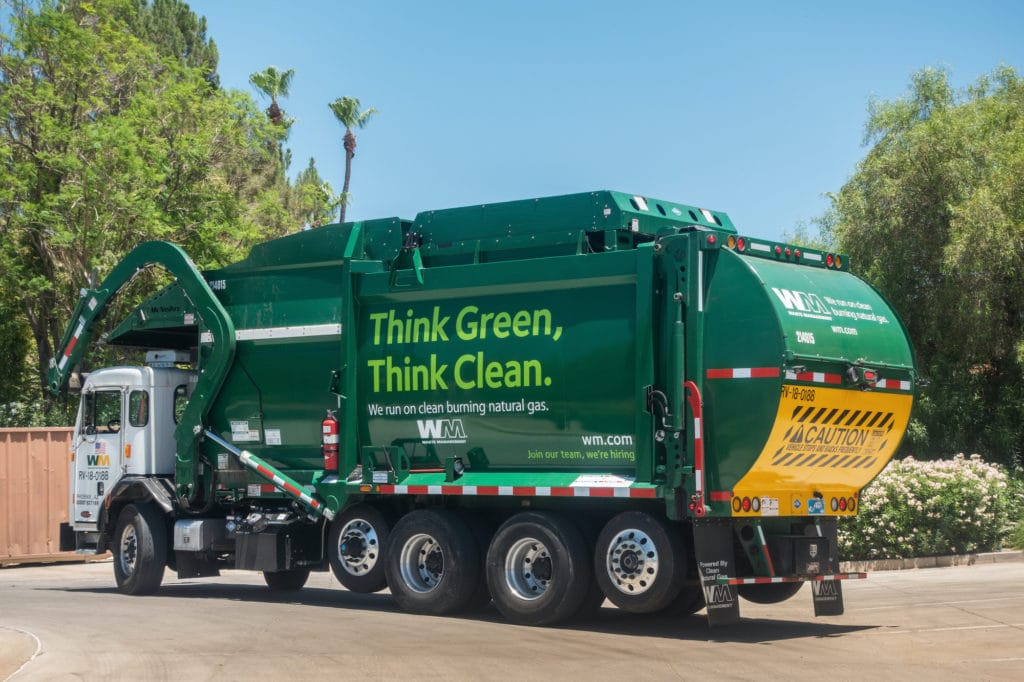
3. Waste Management
Revenue: $15.218 billion13
Place of Origin: USA
Number of Employees: 42,300
Founded by Dutch immigrant Harm Huizenga in 1893, Waste Management began as a solo operation of hauling used residential materials in Chicago at $1.25 per wagon. Huizenga’s grandson, Wayne, incorporated the business in 1968. By 1971, the company had 60,000 commercial and industrial accounts across 19 states and provinces in the US and Canada.
Soon after, the company’s executive team infamously began to report fraudulent numbers and inaccurate tax claims. Hundreds of millions of dollars were inaccurately reported for two decades, leaving Waste Management’s revenue claim insufficient to cover annual income taxes. The employees involved eventually settled with the US Federal Government, without admittance of guilt, on an accumulated $30.5 million fee owed in 2005.
The company’s reputation and operations were saved by new leadership appointed in 1997 when the newly appointed CEO submitted a reviewed account of the company’s finances. A year later, Waste Management merged with USA Waste Services, Inc., triggering the company’s resurgence as one of the world’s leading waste management agencies.
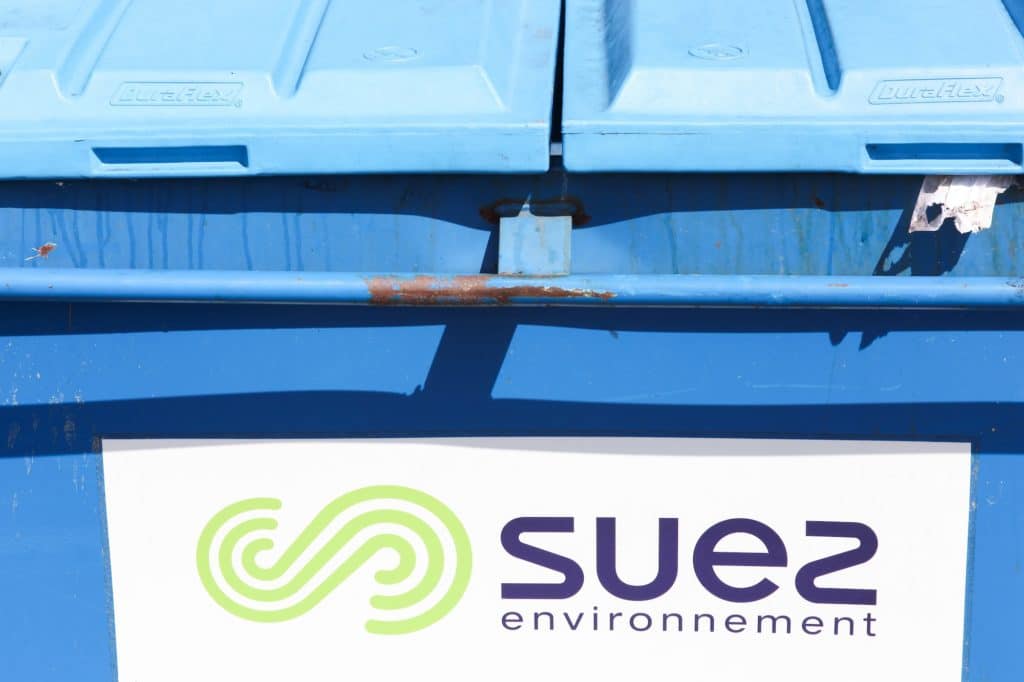
2. Suez Environment
Revenue: $19.68 billion (17.2 billion euros)14
Place of Origin: France
Number of Employees: 90,000
The world’s largest private water supplier, Suez Environment – a spin-off of the original operating division, Suez – employs 90,000 people and operates countless water and waste solution systems around the world.15 Though its primary recognition comes from its innovative attitude toward water sustainability, it also works in solid waste recycling and green growth development.
Suez Environment oversees projects in China, Belgium, France, Algeria, the Netherlands, Jordan, Hong Kong and the UK16 – all of which aim to eventually achieve zero-waste status through emissions reduction, potable water sites, re-refinery and solid waste recycling. Building on its campaign at the Rio Earth Summit in the 1990s, Suez Environment pledges to continue as a global pioneer for a sustainable future in the water waste sector.
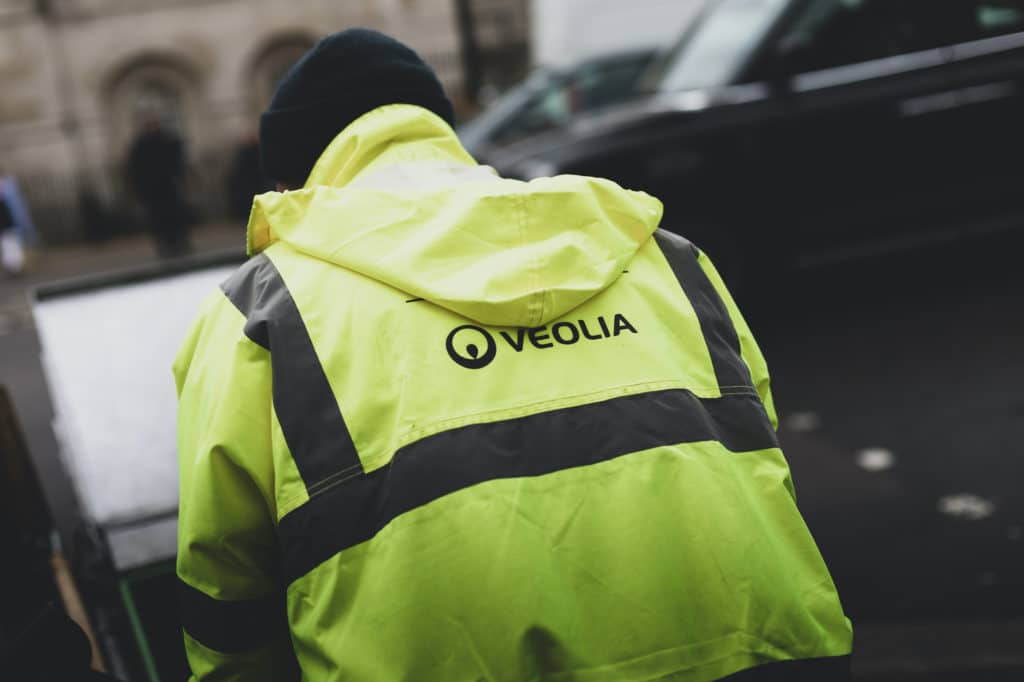
1. Veolia
Revenue: $29.88 billion (26.1 billion euros)17
Place of Origin: France
Number of Employees: 163,226
Founded in 1853 in Compagnie Generale des Eaux, Veolia Environment SA began by delivering drinking water to surrounding cities and providing wastewater treatment and, later, reconstruction and industrial support following the Second World War.
In order to remedy the increasing demands for potable water, waste space and recycling, it shifted its primary focus in the early 1990s to sustainability.
The name Veolia was launched in 2003 as an umbrella brand for all the company’s divisions: environmental services, energy, transport and water.
Internationally, Veolia oversees 2,573 subsidiaries, operating in 48 countries and employing over 160,000 people.18 However, most of the group’s operations – around 28 per cent of its overall projects – are conducted in France.
Veolia has faced critical international controversy over its collaboration with the Israeli Government. Though the company has vehemently denied any wrongdoing, numerous human rights organisations advocated for the boycott of Veolia products. As a result, in 2015, the company publicly announced its disassociation with the Israeli Government and industry.
Sources:
1https://www.statista.com/statistics/895541/revenue-of-covanta-holding-corporation-by-segment/
2https://www.covanta.com/what-we-do/waste-to-energy
3https://www.pulpandpaper-technology.com/articles/top-10-waste-management-companies-in-the-world
4https://www.cleanaway.com.au/sustainable-future/fy21-full-year-results-media-release/
5https://www.cleanaway.com.au/about-us/media-releases/
6https://www.macrotrends.net/stocks/charts/CLH/clean-harbors/revenue
7https://www.cleanharbors.com/about-us/history
8https://www.newswire.ca/news-releases/waste-connections-reports-fourth-quarter-results-and-provides-2021-outlook-837257034.html#:~:text=Full%20Year%202020%20Results,in%20the%20year%20ago%20period.
9https://www.remondis-industrie-service.de/en/about-us/facts-figures/
10https://www.remondis.com/en/about-us/
11https://www.statista.com/statistics/493387/revenue-of-republic-services/#:~:text=Republic%20Services%20reported%20a%20revenue,drop%20in%20revenue%20since%202012.
12http://investors.novelis.com/2021-05-12-Novelis-Reports-Fourth-Quarter-and-Full-Fiscal-Year-2021-Results
13https://www.macrotrends.net/stocks/charts/WM/waste-management/revenue
14https://www.statista.com/statistics/1049460/revenue-suez-globally/
15https://www.suez.com/en/who-we-are/a-worldwide-leader/our-history
16https://meticulousblog.org/top-10-companies-in-smart-waste-management-market/
17https://www.statista.com/statistics/278943/revenue-of-environmental-company-veolia/
18https://meticulousblog.org/top-10-companies-in-smart-waste-management-market/
Additional Sources:
https://en.wikipedia.org









